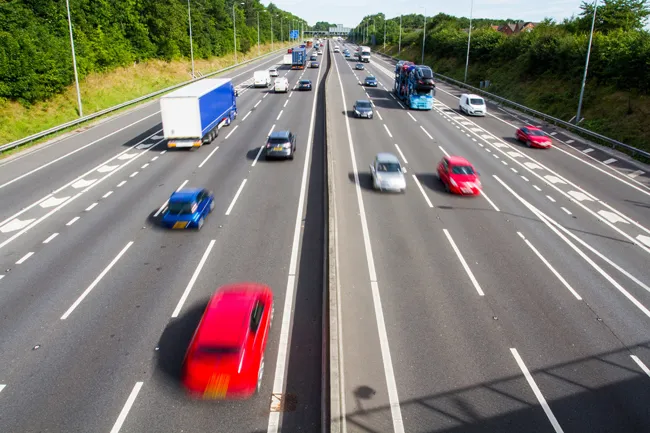The Swiss Government may extend the use of flexible speed limits, which apply only at certain times, on motorways. In future flexible speed limits could affect 450kms of the country’s motorway network, up from 170kms now. The Government believes that this would lead to a better use of road capacities.
Studies have shown that when people drive more slowly they leave smaller gaps between their vehicles and the ones in front. This improves efficiency. According to current plans, the maximum speed will be redu
January 21, 2014
Read time: 1 min
The Swiss Government may extend the use of flexible speed limits, which apply only at certain times, on motorways. In future flexible speed limits could affect 450kms of the country’s motorway network, up from 170kms now. The Government believes that this would lead to a better use of road capacities.
Studies have shown that when people drive more slowly they leave smaller gaps between their vehicles and the ones in front. This improves efficiency. According to current plans, the maximum speed will be reduced from the usual 120km/h to either 100 or 80km/h. The changes could be made over the next three to four years.
Studies have shown that when people drive more slowly they leave smaller gaps between their vehicles and the ones in front. This improves efficiency. According to current plans, the maximum speed will be reduced from the usual 120km/h to either 100 or 80km/h. The changes could be made over the next three to four years.








